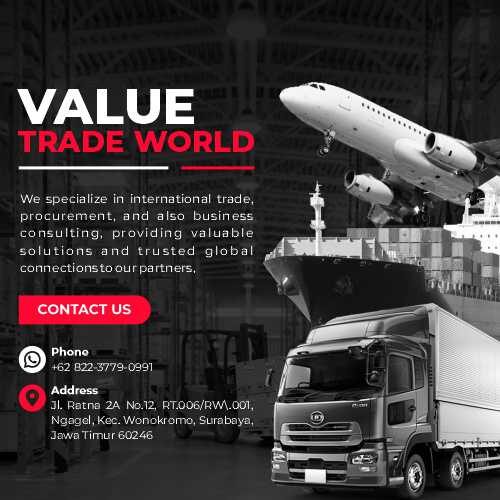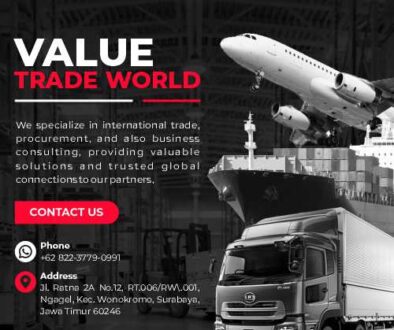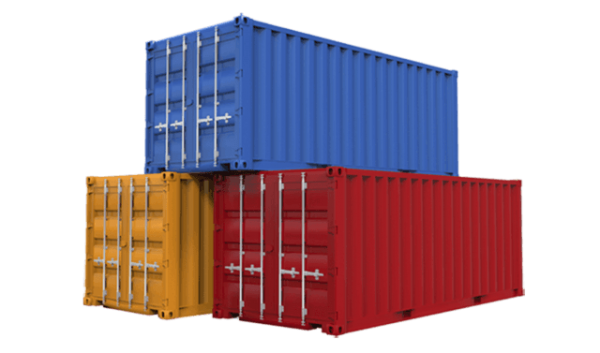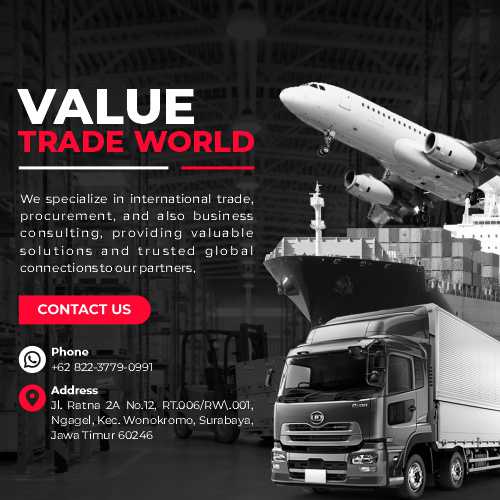Why Transparency is the Key to Success in Global Trade
In today’s interconnected and competitive global market, transparency is no longer an option — it is a necessity. Businesses that embrace transparency not only build trust with their partners and customers but also establish a solid foundation for long-term success. In the context of international trade, where transactions involve multiple parties, varying regulations, and different cultural expectations, transparency plays a crucial role in ensuring smooth operations, reducing risks, and fostering sustainable growth.
Transparency in global trade can be defined as the open, honest, and timely sharing of information between all stakeholders in a business relationship. This includes clear communication regarding pricing, product quality, delivery timelines, compliance with international standards, and adherence to legal requirements. When companies prioritize transparency, they create an environment of trust where all parties feel secure and confident in their business dealings.
One of the primary benefits of transparency is the establishment of strong trust between trade partners. Trust is the backbone of any business relationship, but in global trade, it becomes even more vital. Transactions often involve large financial commitments and depend on the reliability of suppliers, logistics providers, and regulatory bodies. By being transparent about capabilities, limitations, and potential challenges, companies can manage expectations effectively and prevent misunderstandings that might damage relationships.
Another important aspect is compliance with international laws and trade regulations. Global trade operates under a complex web of rules set by various countries and international bodies. Transparency in documentation, customs declarations, and adherence to export-import laws ensures that businesses avoid legal disputes, penalties, and delays in shipment. Companies that are upfront about their compliance processes not only protect themselves but also assure their partners of ethical and lawful operations.
Transparency also improves supply chain efficiency. In the fast-paced world of global trade, delays and disruptions can lead to significant financial losses. When companies openly share real-time information about production schedules, inventory levels, shipping updates, and potential bottlenecks, partners can respond proactively. This collaborative approach minimizes downtime, optimizes inventory management, and enhances overall operational efficiency.
Moreover, transparent practices contribute to better risk management. International trade inherently carries risks — from currency fluctuations and political instability to sudden changes in trade policies. By openly discussing risk factors and mitigation strategies, businesses can plan ahead and develop contingency measures. This not only protects the parties involved but also strengthens their resilience in a rapidly changing global market.
Transparency also has a direct impact on brand reputation. In an era where customers demand accountability and ethical business conduct, companies that prioritize openness stand out from the competition. Whether it’s providing clear product specifications, honest pricing, or prompt resolution of issues, transparent businesses are more likely to earn repeat customers and positive word-of-mouth. In fact, transparency can be a powerful marketing tool, demonstrating integrity and commitment to customer satisfaction.
Technology plays a significant role in enabling transparency in global trade. Digital platforms, blockchain solutions, and advanced supply chain management systems allow businesses to track and share data with unprecedented accuracy. These tools enhance visibility across the entire trade process, from sourcing raw materials to delivering finished products to end customers. By investing in such technologies, companies can provide verifiable proof of quality, compliance, and performance — strengthening trust and reducing the risk of fraud.
Cultural sensitivity is another dimension of transparency in global trade. Business practices and expectations can vary widely across different countries. Being open about company policies, negotiation styles, and contractual terms helps bridge cultural gaps and fosters smoother collaborations. Transparency in this context is not just about sharing data but also about demonstrating respect for cultural differences and aligning expectations.
For businesses seeking long-term success in global trade, transparency should be embedded into their core values and operational strategies. This means training employees on ethical communication, investing in systems that enhance data sharing, and fostering a corporate culture that values honesty and accountability. By doing so, companies not only meet the expectations of their current partners but also attract new opportunities in the global market.
In conclusion, transparency is more than just a business strategy — it is a competitive advantage in global trade. It builds trust, ensures compliance, improves efficiency, manages risks, and strengthens brand reputation. In a marketplace where competition is fierce and customer loyalty is hard-earned, the ability to operate with openness and integrity sets successful businesses apart. Those who make transparency a priority will not only navigate the complexities of international trade with greater ease but will also position themselves as leaders in a world where trust is the ultimate currency.





